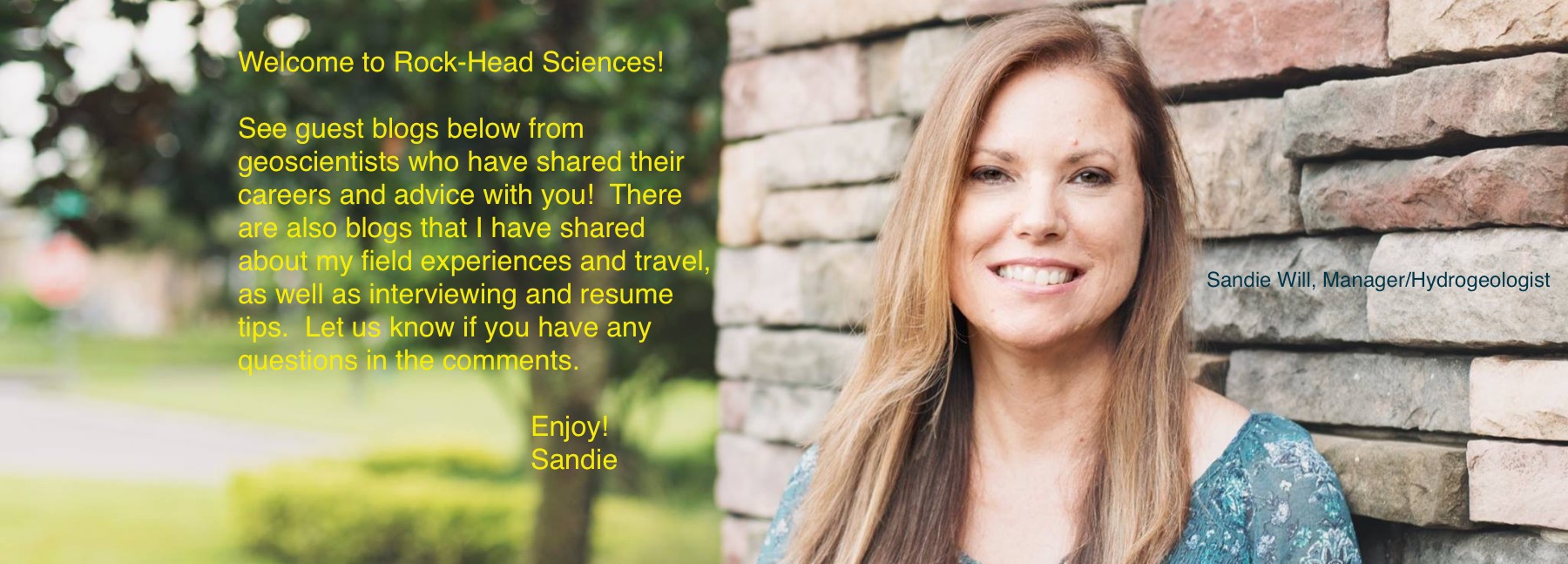
Professor David A. T. Harper, Principal of Van Mildert College, Professor of Palaeontology, Durham University, United Kingdom
NAME: Dave Harper
CURRENT TITLE: Professor of Palaeontology and Principal of Van Mildert College in Durham University, United Kingdom (UK); President, Palaeontological Association; Chair-elect, International Commission on Stratigraphy
AREA OF EXPERTISE: Geology, mainly palaeontology and stratigraphy
YEARS OF EXPERIENCE: Worked in the university sector in Ireland, Denmark and the UK in a career of nearly 40 years.
EDUCATION: BSc, Imperial College London, Associateship of the Royal School of Mines (ARSM); PhD, DSc (Queen’s University Belfast), Fellow of the Geological Society (FGS), Chartered Geologist (CGeol), European Federation of Geologists (EurGeol).
WEBSITE: https://www.dur.ac.uk/earth.sciences/staff/academic/?id=9649
What’s your job like?
My current job is a 50% split between leading and managing one of the largest of Durham University’s colleges and researching and teaching in the Earth Sciences department.
What’s a typical day like?
My typical day starts early with breakfast meetings with colleagues either within the College or from across the University. I do not have huge teaching responsibilities but may have a morning session with my final year palaeobiology class. Before lunch, I usually check with my Executive Assistant (EA) to the Principal and Deputy Principal regarding any current challenges or incidents in College that are on the horizon. There may be a lunch time committee meeting or an advisory session with a dissertation or research student. I try to catch up with emails that can be everything from communications from senior management, students, and research colleagues to queries from the general public. I then attempt to find some time for research in the laboratory (currently with my new postdoctoral student, Tim Topper) and may snatch an hour to work on a manuscript. Most evenings there are functions to attend, a college formal, an art opening or a College match to support. If I’m home early, there may be a detective series on television! I usually check my email again before bed and hope the porter has no need to inform me of any serious incidents during the night.
What’s fun?
The interaction with students both in College and in Earth Sciences. The diversity of the interactions and seeing their development not only in academic studies but also their participation in the many strands of the student experience that we offer from music, sport to outreach and volunteering, is extremely rewarding.
What’s challenging?
It is always challenging to work in an increasingly regulated environment with decreasing levels of funding. Navigation of these constraints is the key to success.
What’s your advice to students?
Obviously work hard at your chosen course(s) but also be aware that there are huge opportunities to participate in your University community in ways that will suit you and enhance your education. The student experience can provide you with many lifetime skills (including leadership) and new networks outside those in your departments.
